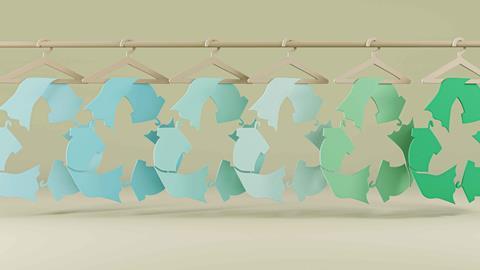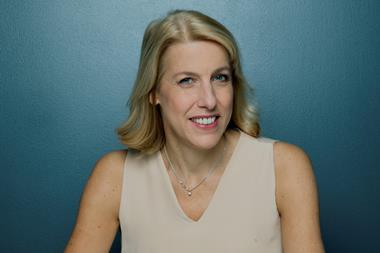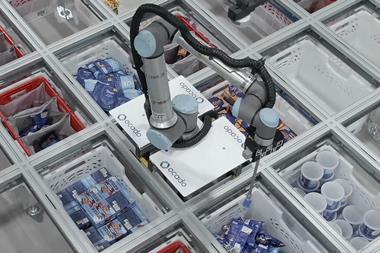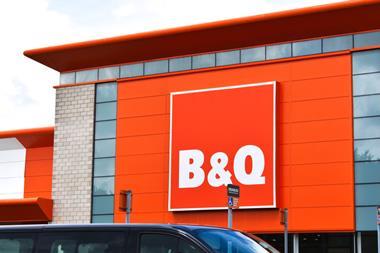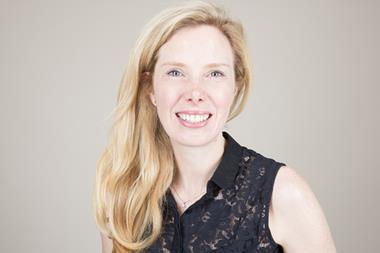Shoppers are looking for both affordability and sustainability. Thomas Harms, global retail leader at EY Germany, believes retail has an opportunity to deliver both.
With consumer spending under increasing pressure, many are finding it hard to square their need to live affordably with their desire to live more sustainably, especially as they feel sustainable goods are still too expensive.
In the latest edition of the EY Future Consumer Index – the 10th in the series – affordability has retaken top place in consumer priorities, over concerns about the planet.
But are consumers simply giving up on sustainable product choices in search of lower prices or are they finding more cost-effective ways of achieving sustainable living?
Saving money and the planet
Many consumers are returning to cost-saving routines learned during the pandemic, with 66% seeking out value-for-money options and 21% switching from brands to private-label alternatives.
However, shoppers aren’t simply abandoning sustainable living; the reality revealed in our research is much more nuanced.
Affordability and sustainability are actually becoming mutually supportive behaviours, with more than half of consumers saying that living more sustainably is a guiding principle of their daily routine.
Shoppers want affordable products that won’t harm the planet. And the cost-of-living crisis is encouraging many planet-friendly behaviours.
“For retailers, some effects of this shifting environment are already evident with basket sizes reducing across all categories as consumers look to economise”
For example, an overwhelming 87% are making an effort not to waste food and 36% say they will buy more second-hand products.
A rising proportion prefer to repair items rather than replace them. And conspicuous consumption is in retreat, with consumers expressing a declining interest in the latest fashions and tech.
For retailers, some effects of this shifting environment are already evident with basket sizes reducing across all categories as consumers look to economise.
However, we’re seeing examples of grocery retailers acting as consumer champions and challenging brands to resist price increases – a stance that’s gained wide publicity and which consumers will notice and remember.
Getting personal
The pandemic encouraged many parts of daily life to become ‘digital-first’ and, as consumers look to control their finances, they’re turning to digital experiences again – substituting rather than sacrificing their lifestyles.
It’s an opportunity for retailers to engage their customers in unique ways, to test or create digital product lines and, in turn, capture more consumer data.
About two-thirds of consumers remain happy to share their data for personalised offers and deals.
But in return they want personal value and data security: 72% worry about sharing their personal information. Capitalising on these trends will help retailers forge deeper customer relationships.
Overall, the latest EY Future Consumer Index shows consumer resiliency in the face of a shifting economic and cultural landscape. Here are four retail opportunities to be addressed:
- Develop new service-based repair-and-reuse or hire offerings – providing consumers with alternatives to always buying new, for example, by showcasing new services through in-store events, in turn driving traffic and creating new uses for space.
- Make more by selling less – reducing package sizes to include less product at a lower price or removing packaging altogether, enabling consumers to buy smaller amounts as they rein in their spending and shorten their replenishment cycles.
- Enhance digital services – providing insights to shoppers on what they already own, for example, children’s clothes that could be handed down to younger siblings.
- Push private-label products more actively – reflecting consumers’ renewed quest for value for money by recommending healthy, sustainable and less expensive options from the private-label range.
Read the latest EY Future Consumer Index research in full.

Thomas Harms, global retail leader, EY Germany



















